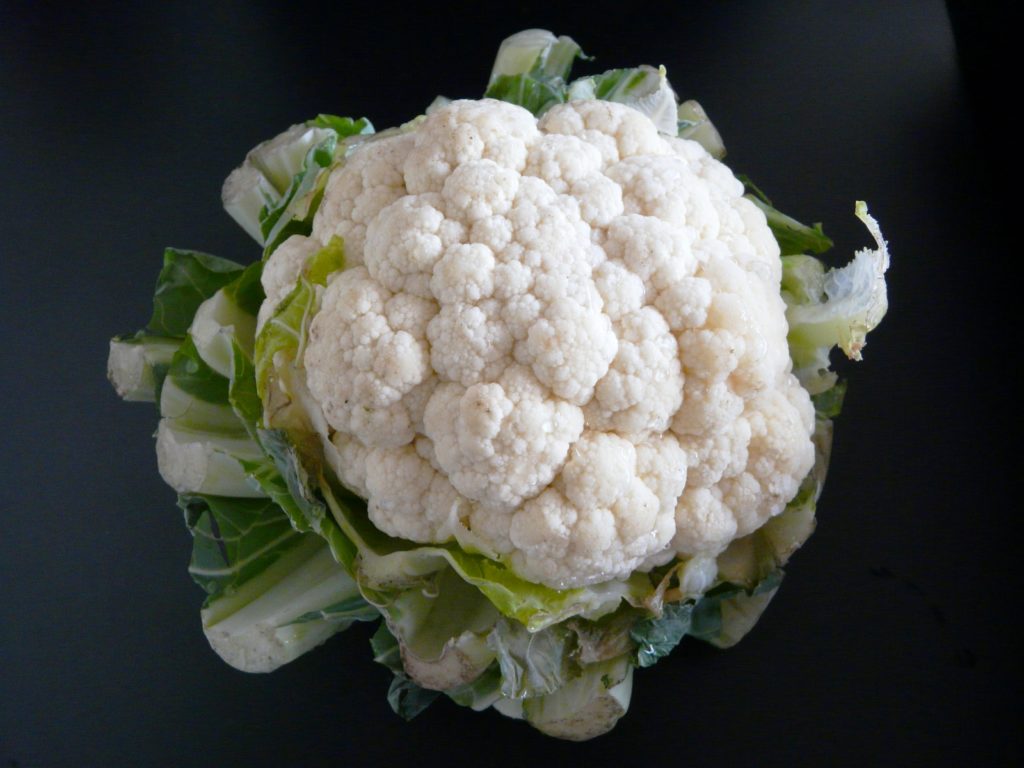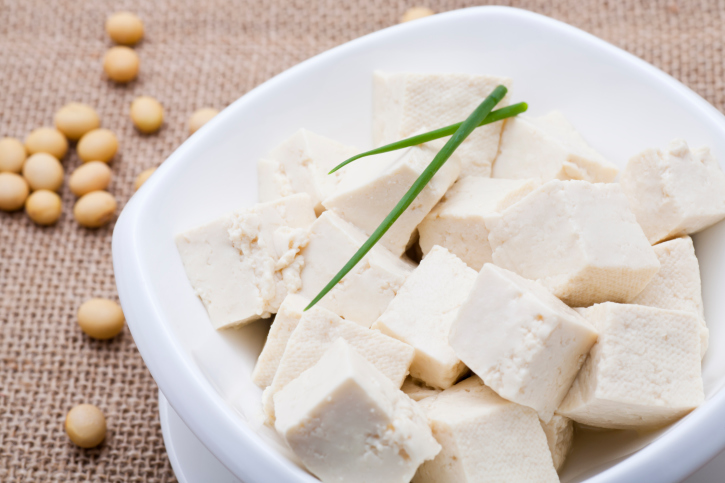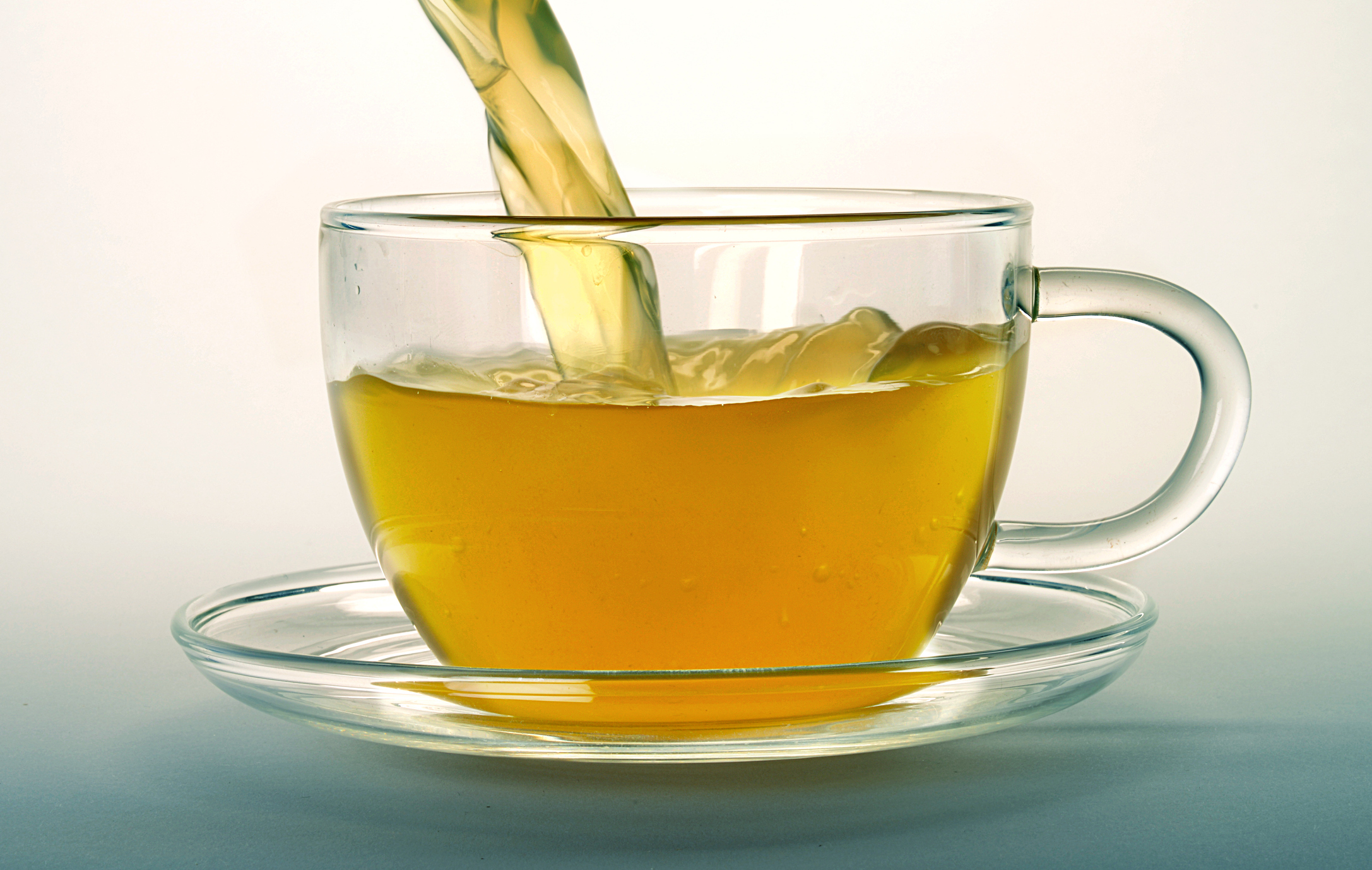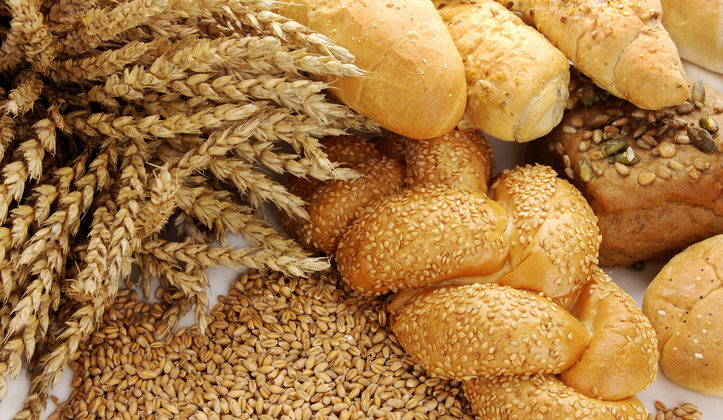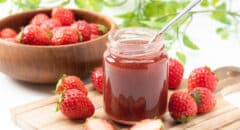
We typically associate a foggy memory, low energy, and creaking joints with getting older. Still, experts agree aging doesn’t have to be that way. Your chronological age is not the same as your biological age. Lifestyle factors such as your diet can influence how you feel and the rate at which you age. Here are eight powerhouse foods to help keep you sharp, energetic, and youthful.
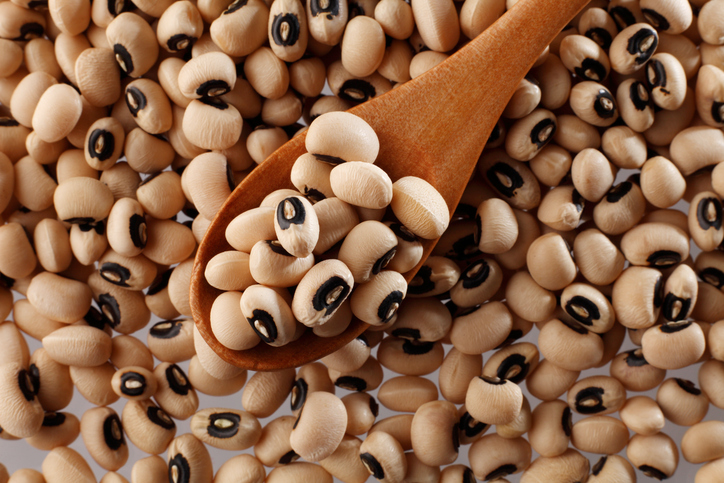
Beans
Beans are rich in folate, potassium, iron, and fiber. They are also low in fat and cholesterol. Research shows that beans can lower heart disease risk, improve blood glucose control, lower the risk of breast and colorectal cancer, and increase satiety, which may help with weight loss.
Beans can also help you live longer. Studies show that eating as little as 20 grams (about 2 Tbsp) of beans every day may reduce your risk of dying by eight percent.
Berries
There is evidence that anthocyanin—an antioxidant found in blueberries, strawberries, and raspberries, is associated with a reduced risk of heart disease, many forms of cancer, and other chronic diseases and may also help slow down the aging process.
In a study published in the journal Circulation, researchers found that participants who ate about three servings weekly of blueberries or strawberries had a 32 percent lower risk of having a heart attack than those who rarely ate berries.
RELATED: 7 Foods To Improve & Protect Your Memory
Cruciferous vegetables
The 2020-2025 Dietary Guidelines for Americans (DGA) recommends adults eat 2 ½ cups of vegetables per day to prevent heart disease and stroke. And there is evidence that the type of vegetable is as important as the quantity.
Recent studies suggest that eating more cruciferous vegetables, such as broccoli, cabbage, Brussels sprouts, and cauliflower, has a more significant association with reduced risk of heart disease than other vegetables. Cruciferous vegetables are also a rich source of fiber, vitamins A, C, folate, and vitamin K—all nutrients associated with healthier aging.

Fish
Most fish are high in omega-3 fatty acids, which are heart-healthy and can help lower triglycerides and blood pressure. Studies show that eating two servings of fish weekly can lower your chances of experiencing an ‘unhealthy aging factor' such as heart or lung disease, cancer, or cognitive or physical decline.
Salmon, anchovies, herring, sardines, Pacific oysters, trout, and Atlantic and Pacific mackerel are highest in omega-3 fatty acids and lower in mercury, making them ideal seafood choices.
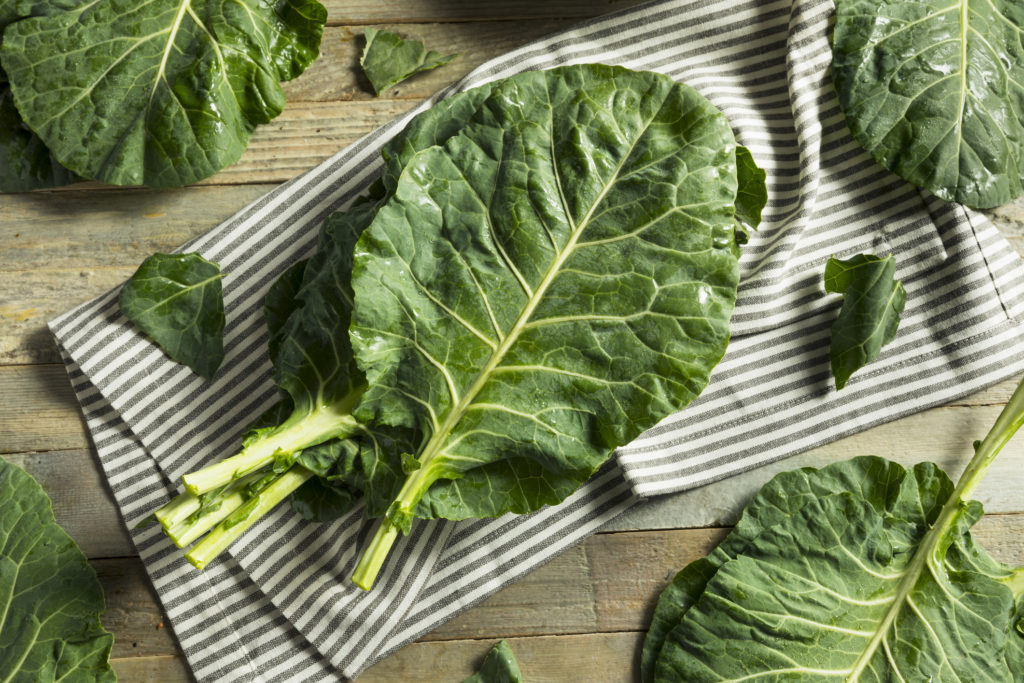
Leafy greens
Dark green leafy vegetables such as collards, kale, and spinach are rich in vitamins A, C, E, and K. Leafy greens are also a rich source of fiber, iron, magnesium, potassium, and calcium. Leafy greens are a potent source of lutein and zeaxanthin—two carotenoids that may help to slow the cognitive decline associated with aging.
Studies show that eating one serving of leafy greens per day (1 cup fresh or ½ cup cooked) may be a simple way to improve brain health.
Soy
Soy foods are protein-rich, high-fiber foods. They are cholesterol-free and low in saturated fat, high in polyunsaturated fat, and provide an omega-3 fatty acid. Soy foods like edamame (soybeans), tofu, and soy milk contain antioxidant plant compounds called isoflavones. Studies suggest that the isoflavones in soy can reduce wrinkles in young women and older women alike.
For example, a recent clinical study from Japan examined the potential benefit of soy for skin health in postmenopausal women who consumed about one cup of soymilk per day for eight weeks. The study found a general improvement in skin health based on both questionnaires and skin biopsies.
Tea
Drinking green tea at least three times a week is linked with a longer and healthier life, according to a study published n the European Journal of Preventive Cardiology. The study participants were classified into two groups: habitual tea drinkers (three or more times a week) and never or non-habitual tea drinkers (less than three times a week) and followed up for an average of 7.3 years.
Habitual tea consumption was associated with more healthy years of life and longer life expectancy. For example, the analyses estimated that 50-year-old habitual tea drinkers would develop coronary heart disease and stroke 1.41 years later and live 1.26 years longer than those who never or seldom drank tea.
Whole grains
Whole grains are a rich source of dietary fiber, B vitamins (thiamin, riboflavin, niacin, and folate), and minerals (iron, magnesium, and selenium). Whole grains include whole-wheat flour, bulgur (cracked wheat), oatmeal, whole cornmeal, and brown rice. Studies show eating whole grains is associated with a lower risk of age-related diseases such as type 2 diabetes, heart disease, cancer, and obesity.

Your goal
A plate with a rainbow of colors from berries, cruciferous vegetables, plus those dark leafy greens along with a variety of whole grains, legumes (beans), soy, and fish at least two times weekly. And pinkies up for green tea!




